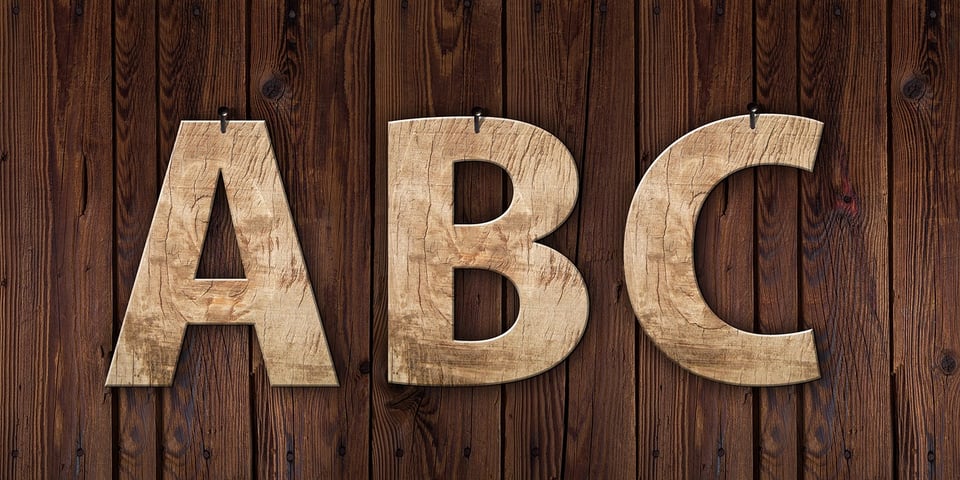The ABCs of Editing Part 4

This month we’ll be touching on the final seven entries in the ABCs of Editing series: Tropes, Unreliable Narrators, (Author) Voice, (Choosing the Right) Words, Experimental Novels, YA, and Zeal.
Tropes: While shoe-horning a particular trope into your work because it’s popular will not likely go over well with your readers, working it in naturally can give readers exactly what they want. As readers, we all have our favorite type of story, and if the writer doesn’t fulfill our expectations, we may feel disappointed . . . to say the least. Using one or more tropes in unique and surprising ways will gain you new readers and takes practice to do well.
Unreliable Narrators: While your narrator’s perspective may not be accurate, they have to believe it is. Writing an unreliable narrator is tricky but can create a fun story with lots of twists and turns.
(Author) Voice: Has someone ever said, “I just knew you wrote that.” This happened to me when I was writing advertorials for our local paper. The more you write, the more your voice, your particular way of expressing things, will come through. Think of your favorite authors. Are there those whose work you would recognize even if they published under a pen name? It can be helpful to analyze why and try to do the same with several samples of your own writing. Even without doing so, the more you write, the more your voice will shine through.
(Choosing the Right) Words: When writing your first draft, it’s best not to get hung up on choosing exactly the right word, but you will want to be more selective during the revision process. Is there a word you use repeatedly? I’ve recently listened to a series of cozy mysteries, and in each of the seven books, the author used the words “incredulous” and “incredulously” numerous times. This really stood out to me. And when it comes to painting a precise picture for your reader, it’s best to use the words that do so most effectively. For example, did your character meander down the street or rush down the street? Take the time to carefully choose the words you use.
Experimental Novels: According to Wikipedia, “experimental literature . . . experiments with the conventions of literature, including boundaries of genres and styles . . .” Novels written in this way have a limited readership and are difficult to do well. It is more than a matter of disregarding conventions. When a writer does so without good reason, readers will likely be disappointed and set the book aside. This is another case of knowing the “rules” before you seek to effectively and skillfully break them.
YA Novels: Fiction written for the young adult market features one or more main characters who are in their late teens. The novel may include older characters, but they are not the heroes and heroines of the story. And while they may offer the MC good advice, it is the MC who is the primary focus, the one whose story the reader wants to follow, the one they are rooting for, the one whose developing agency is evident throughout. If you’re interested in writing a YA story, it’s best to read several to discover what readers expect. (Of course, this is a good idea no matter what genre you’re writing in.)
Zeal: While you may write anything from short pieces to full-length books on topics that are not of particular interest to you, those you write that you’re passionate about will almost always convey that sense of excitement. When you’re zealous about your writing, you can more easily attract readers who share your zeal—and even some who do not.
Thank you for reading the ABCs of Editing series. If you did not receive all four newsletters in the series and would like to, please let me know which you are missing and I will get them to you.
Add a comment: